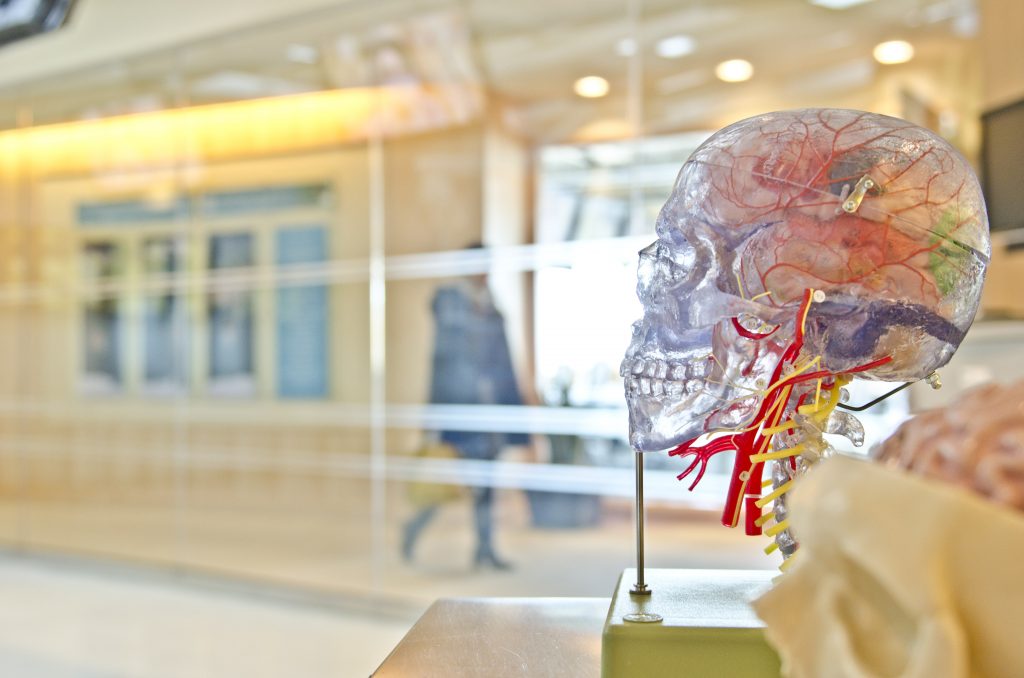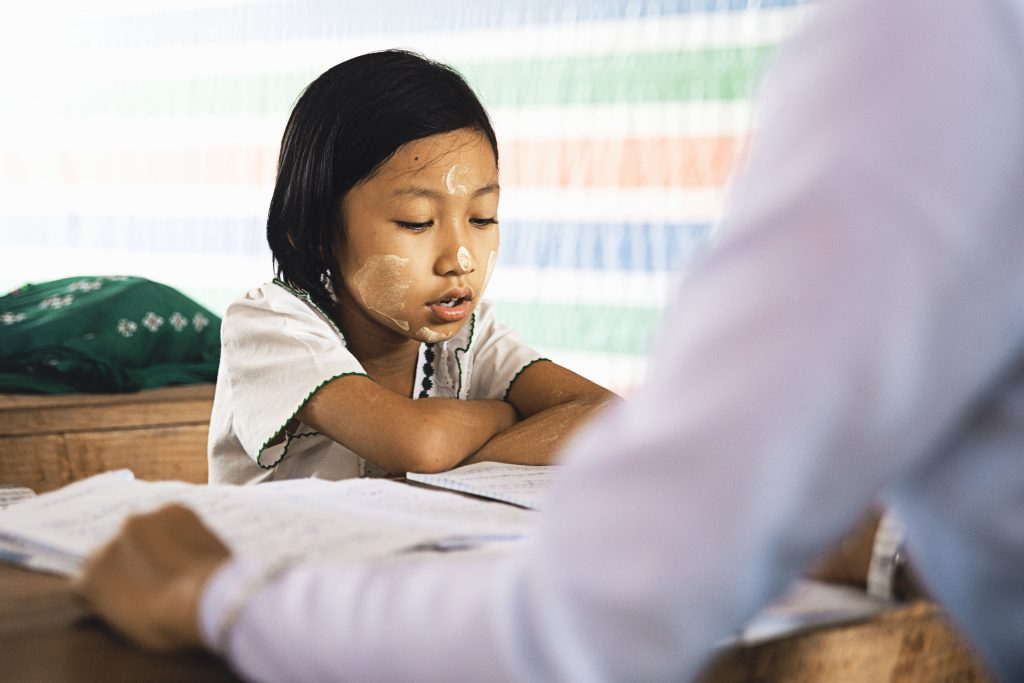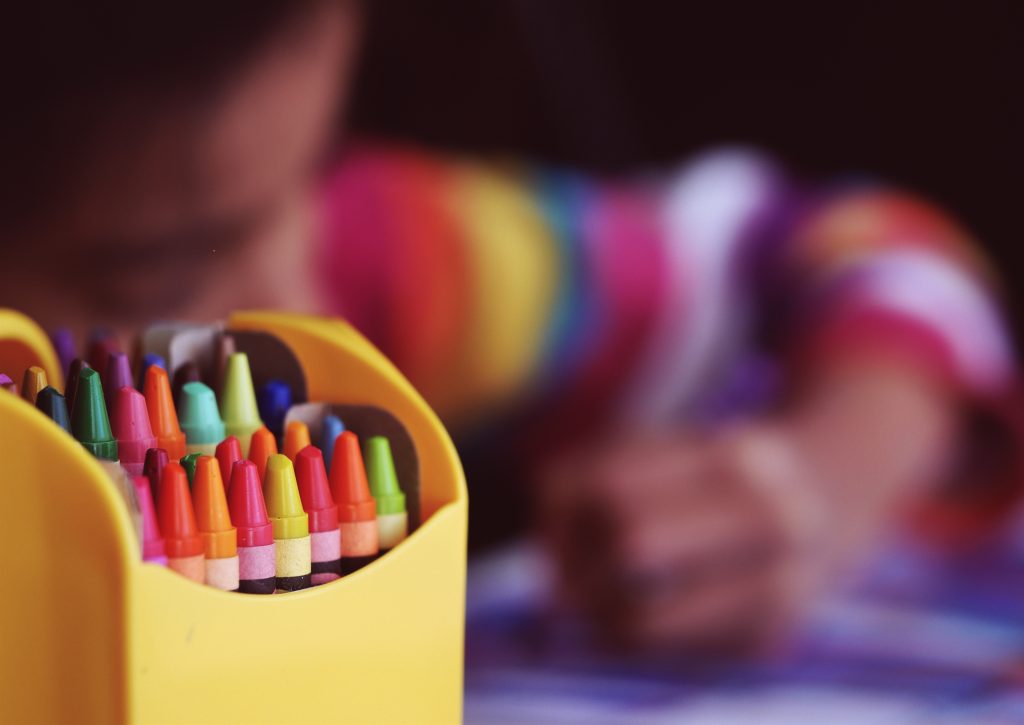In this post we’re looking at one of the major international efforts to progress literacy rates around the world – the right to education.
Fifty years ago today, the United Nations Educational, Scientific and Cultural Organisation (UNESCO) proclaimed 8 September as International Literacy Day to actively mobilise the international community and to promote literacy as a way to empower individuals, communities and societies.
The right to education – An overview

The right to education is protected under the International Covenant on Economic, Social and Cultural Rights, the International Covenant on Civil and Political Rights and the Convention on the Rights of the Child (CRC). The UK signed up to the first two of these in 1976 and the CRC in 1990. They are international treaties under which the UK and other countries agree to respect certain rights and freedoms.
The European Convention on Human Rights (ECHR), which came into force in the UK in 1953, did not initially contain a right to education. However, a year later in 1954 the UK ratified the First Protocol of the ECHR, which contained the right to education. Its Article 2 said this:
No person shall be denied the right to education. In the exercise of any functions which it assumes in relation to education and to teaching, the State shall respect the right of parents to ensure such education and teaching in conformity with their own religious and philosophical convictions.
This right to education was incorporated into UK law by the Human Rights Act 1998. This means that the British government must ensure the right to education to every person in the UK.
What does the right to education mean?

In the UK, your right to education means you have:
- Right of access to educational establishments
- Right to an effective education (but it doesn’t have to be perfect)
- Right to the recognition of your academic qualifications
- Right not to be discriminated against in the provision of education
What does the right of education not mean?
Under the ECHR right to education, States are under no duty to:
- Provide education of any particular type
- Include/exclude any particular subject on the national curriculum (provided no subject seeks to ‘indoctrinate’ students)
In plain English, what this means for children

The right to education means that the State must ensure children are not prevented from receiving education; this may be through State school, private school or home education.This right does not mean you can demand to go to a particular type of school but it does mean everyone should have equal access to education available from the State.
Exclusions from school must also be for a legitimate purpose (for example, an exclusion while there is a criminal investigation ongoing into an incident at the school) and proportionate.
For parents

The text of the ECHR states that parents have a right to ensure a child’s education conforms with their religious and philosophical convictions.
However, it is rare that this type of case succeeds. For example, the European Court of Human Rights (the Court) did not entertain the arguments of parents who complained that compulsory sex education in schools offended their religious and philosophical convictions. So long as the education is ‘objective, critical and plural’, it does not breach parents’ Article 2 rights.
However, parents’ Article 2 rights were found to be breached by a school’s practice of corporal punishment, which they opposed. This was because the parents’ views concerned a ‘weighty and substantial aspect of human life and behaviour, namely the integrity of the person‘.
In general, where States introduce education policies (such as compulsory schooling or religious symbols in classrooms), the Court allows them, so long as it does not seem as though the State is ‘indoctrinating’ its children.
Reading the Past, Writing the Future

The theme for International Literacy Day 2016 is ‘Reading the past, Writing the future‘. It celebrates the past five decades’ of international effort and engagement to reduce illiteracy and seeks innovative solutions to boost literacy in the future. The education system in the UK is not perfect and statistics released earlier this year suggest literacy and numeracy levels are lower than they should be. Irina Bokova, Director General of UNESCO has said that:
Literacy is essential to success across the board. A foundation for human rights and dignity, literacy is vital for poverty eradication, for gender equality, for more inclusive and sustainable societies.
To celebrate the continuing importance of literacy, why not take a look at UNESCO’s literacy website and follow the day’s events live on Twitter with the hashtag #LiteracyDay.
To learn more about the right to education:
- Check out our poster infographic on Article 2 ECHR
- Read our post on Young People Promoting Human Rights
- And our infographic on What Human Rights Do For Children







